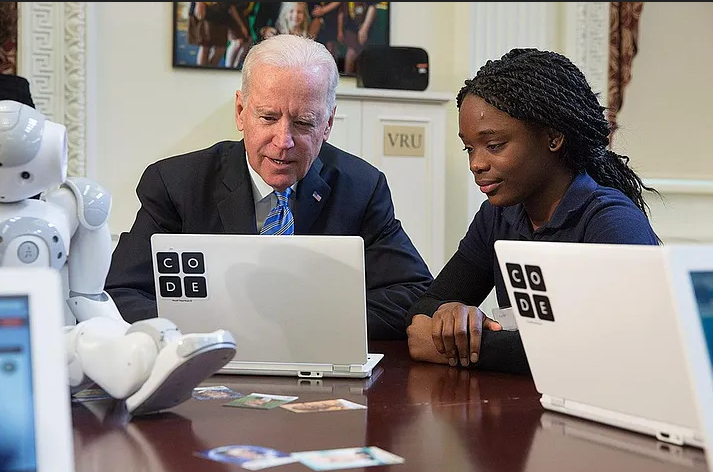In a significant development, a federal judge has compelled the Biden Administration to disclose its communications with major technology companies that engaged in censorship on their platforms, allegedly under the government’s direction. The ruling came as a response to the administration’s motion to dismiss a landmark case, which accused Big Tech and the government of colluding to suppress COVID-19 information. US District Court Judge Terry Doughty of the Western District of Louisiana rejected the motion, stating that the lawsuit raised valid concerns regarding First Amendment violations and exceeded the government’s authority.
According to the lawsuit, prominent social media platforms labeled information as “misinformation” and “disinformation,” thereby stifling free speech protected by the First Amendment. Concurrently, the Department of Health and Human Services and the Department of Homeland Security allegedly violated the Administrative Procedure Act. Judge Doughty supported the claims made in the complaint, observing that the evidence presented suggested a connection between government influence and private censorship on social media platforms. He emphasized that a government entity must not employ threats to curtail the free speech rights of citizens.
Trump Judge Terry Doughty says social media companies became state actors when they removed disinformation at the Biden administration's request, potentially violating the First Amendment.
A wild decision—just look at the defendants. https://t.co/FEeNdBKEkg
h/t @danbauman77 pic.twitter.com/WFQaOZhPEf— Mark Joseph Stern (@mjs_DC) March 20, 2023
Missouri Attorney General Andrew Bailey expressed his apprehension about the Biden administration’s submission to the judge, highlighting the reason provided for the extensive censorship of information on these platforms. Jay Bhattacharya, a professor at Stanford School of Medicine, echoed Bailey’s concerns, underscoring the administration’s rationale behind suppressing certain viewpoints. Missouri Republican Senator Eric Schmitt, formerly the state’s attorney general, accused the Biden administration of orchestrating the most substantial speech censorship operation in recent American history. Schmitt criticized the administration for colluding with Meta, Twitter, and YouTube to silence free speech under the guise of combatting “disinformation” and “misinformation.”
Philip Hamburger, a professor at Columbia Law School, shared his insights on how the federal government employed privately-owned social media platforms to censor free speech. Hamburger argues that when the government utilizes private organizations like Facebook and Twitter for censorship, it is often perceived as private actors suppressing speech, rather than the government itself. However, Hamburger explains that according to Supreme Court precedents, such censorship can be considered as government suppression when the government exercises coercive power or provides substantial encouragement that influences the decisions made by these private entities. He further states that any law or government policy that limits freedom of speech on these platforms violates the First Amendment’s prohibition on abridging free speech.
The ruling by US District Court Judge Terry Doughty has compelled the Biden Administration to reveal its communications with big tech companies involved in censoring content on their platforms. The lawsuit highlights the potential infringement on the First Amendment rights of citizens and alleges collusion between the government and Big Tech. Public figures, including Missouri Attorney General Andrew Bailey and Senator Eric Schmitt, have expressed concerns about the extent of censorship and its impact on individual freedoms. Legal expert Philip Hamburger points out how the government’s use of private platforms for censorship can be seen as a violation of free speech. This development opens the door to greater transparency and accountability, shedding light on the relationship between the government and major technology companies.

